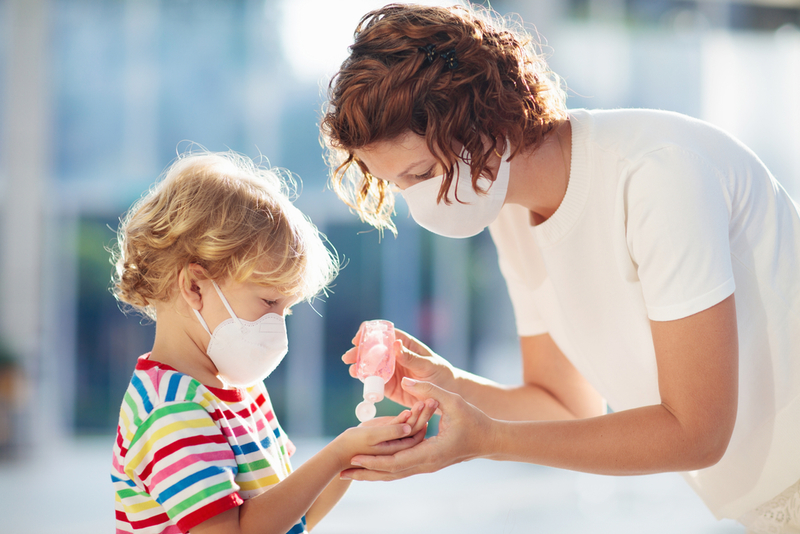Amid the novel coronavirus pandemic crisis, researchers have cautioned that it is critical to understand how the virus affects kids in order to model the pandemic accurately, limit the disease's spread and ensure the youngest patients get the care they need.
For our comprehensive coverage and latest updates on COVID-19 click here.

The commentary from researchers Steven L. Zeichner and Andrea T. Cruz, published in the journal Pediatrics, revealed a small percentage of infected children become seriously ill. Those at greatest risk include babies and preschoolers. "Many infectious diseases affect children differently than adults and understanding those differences can yield important insights," said study researchers from University of Virginia in the US. "This will likely be true for COVID-19, just as it was for older infectious diseases," they added.
Assessing COVID-19 risks, the researchers, noted that there are subgroups of children who appear to be at a greater risk of COVID-19 complications, particularly those who are younger, immunocompromised or have other pulmonary health problems. However, the presence of other viral infections in up to two-thirds of childhood coronavirus cases makes it very difficult to assess the true effect of COVID-19 on children, they stated.
According to the researchers, the figure is based on prior studies of children with coronaviruses detectable in the respiratory tract. While much remains unknown, Cruz and Zeichner cautioned that children, even asymptomatic children, could play a "major role" in disease transmission. For example, they cited a study that found the virus remained in children's stool for several weeks after diagnosis. That, combined with other routes of transmission such as nasal secretions, could pose a major challenge for schools, day care centres and the children's families, they noted.
"Since many children infected with COVID-19 appear to have have mild symptoms, or even no symptoms at all, it is important to practice all the social distancing, hygiene and other precautions being recommended by public health authorities to minimise transmission from children to others, including family members who may be at greater risk from the infection, such as grandparents or family members with chronic medical conditions," said Zeichner, who is working on innovative potential COVID-19 vaccines in his lab.
"In addition, studies of the reasons why children are affected differently than adults by the infection may yield insights that can be helpful in understanding the disease and ways to treat or prevent it," Zeichner added.